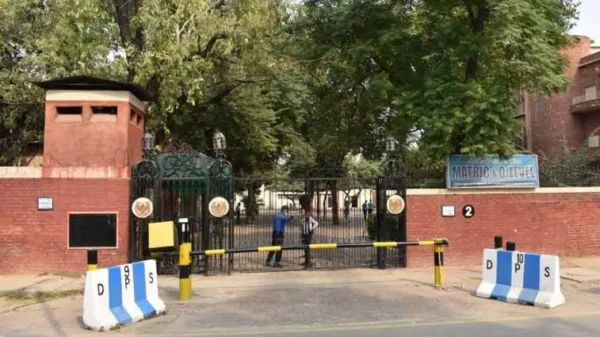The larger bench led by Chief Justice Qazi Faez Isa is scheduled to announce its reserved judgment at 9:30 a.m. on Friday.
ISLAMABAD: The Supreme Court is poised to announce its reserved verdict on intra-court appeals challenging the September 15, 2023, majority judgment that invalidated amendments to the National Accountability Ordinance (NAO).
A larger bench, led by Chief Justice of Pakistan (CJP) Qazi Faez Isa, will reveal its decision at 9:30 a.m. on Friday. The bench also includes Justices Athar Minallah, Aminuddin Khan, Jamal Khan Mandokhail, and Hasan Azhar Rizvi. The verdict was reserved on June 6, following multiple appeals from federal and provincial governments contesting the earlier judgment.
The majority decision had overturned several amendments made to the NAO through the National Accountability (Second Amendment) Act 2022, which was enacted during the Pakistan Democratic Movement (PDM)-led government. This legislation, passed in April 2022, altered various sections of the NAB laws. The Supreme Court’s September ruling declared nine out of ten amendments as “null and void” based on petitions, including one from PTI founder Imran Khan.
Restoration of Graft Cases
The Supreme Court’s 2-1 majority verdict in September last year reinstated several anti-corruption cases that had been dismissed under the amended NAB laws. The court ordered the revival of graft cases involving amounts less than Rs500 million and directed the NAB to return all case records to relevant courts within seven days.
Formation of the Larger Bench
Following the September 15 judgment, the federal government filed an intra-court appeal in October 2023, arguing that the decision suffered from procedural flaws. In response, the Supreme Court formed a five-member larger bench led by CJP Isa on May 10, 2024, to review the appeals. Former Prime Minister Imran Khan was permitted to attend the hearings via video link.
NAB Amendments
The amendments had significantly curtailed the NAB’s powers, including limiting investigations to cases involving over Rs500 million and excluding fraud cases unless they affected more than 100 victims. Other changes included reducing the NAB chairman and prosecutor general’s terms to three years and imposing a one-year deadline for accountability courts to resolve cases. Additionally, the amendments restricted the NAB’s jurisdiction over tax-related matters and regulatory bodies.
The Supreme Court’s anticipated decision will address these key issues and provide clarity on the future of anti-corruption enforcement in Pakistan.










